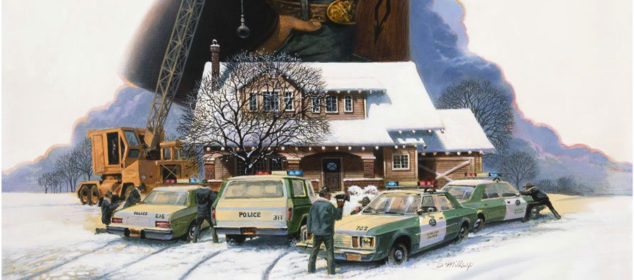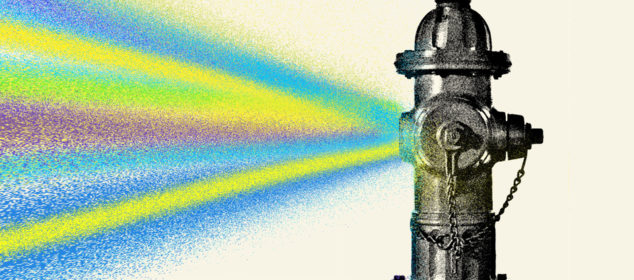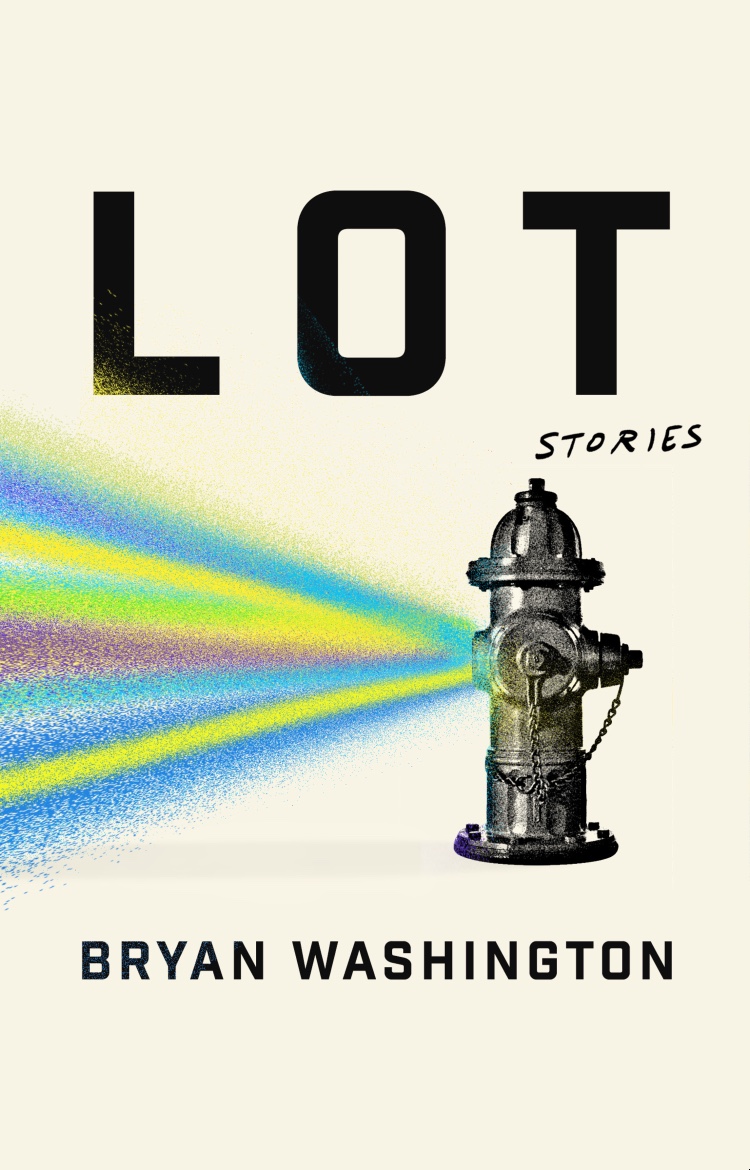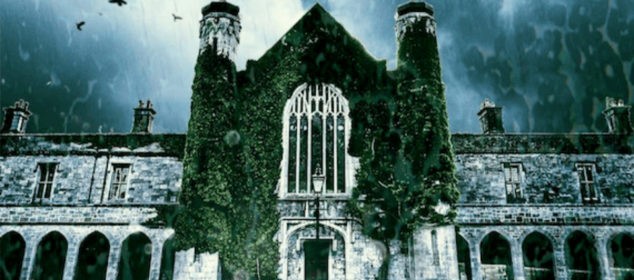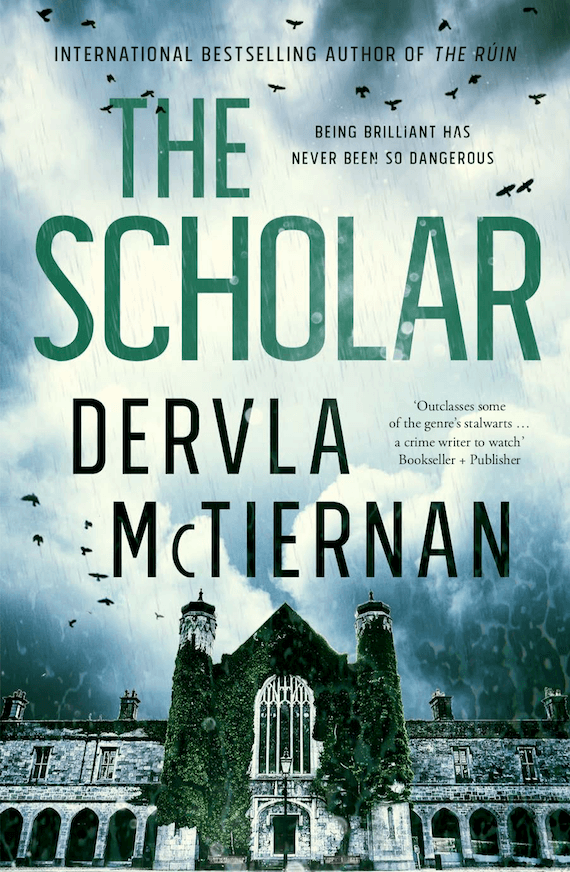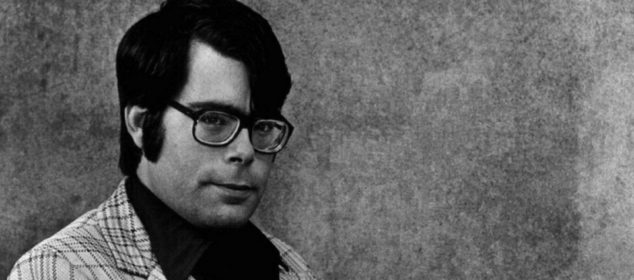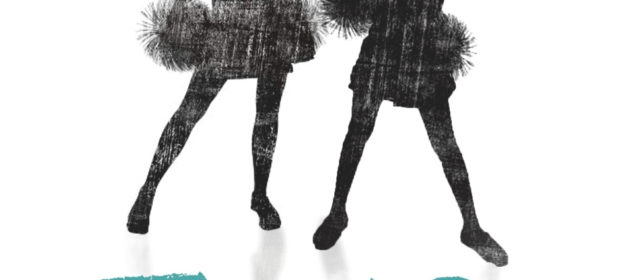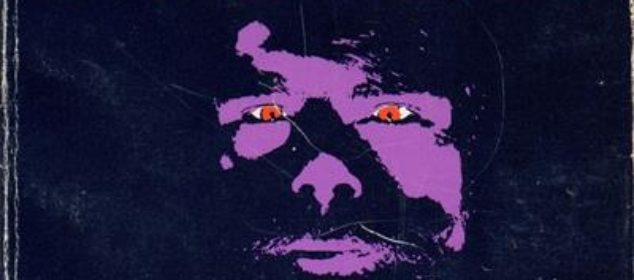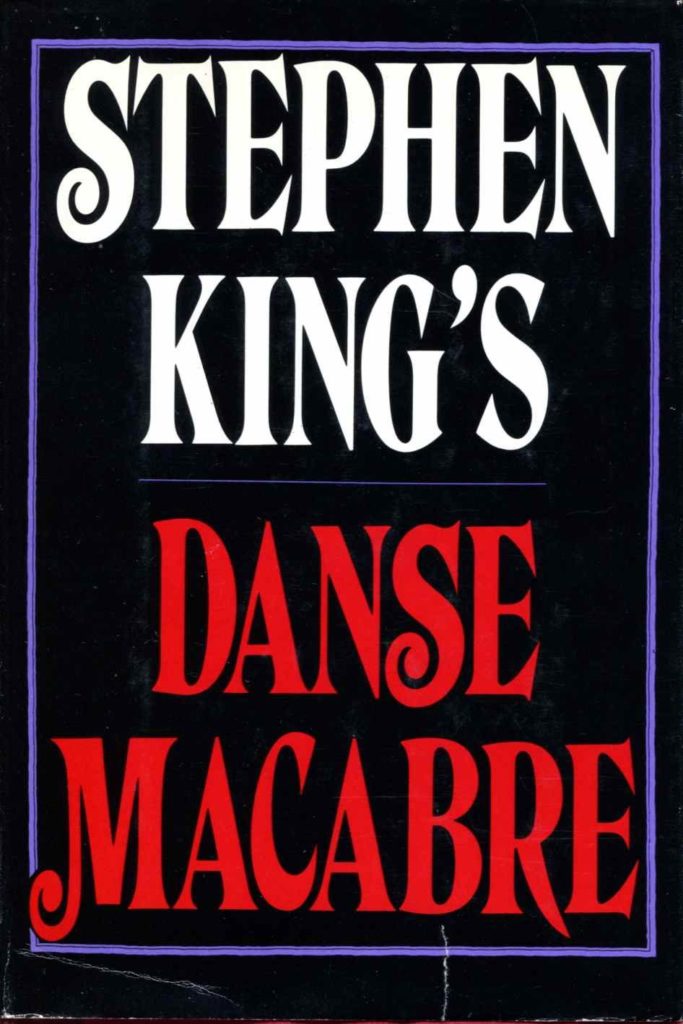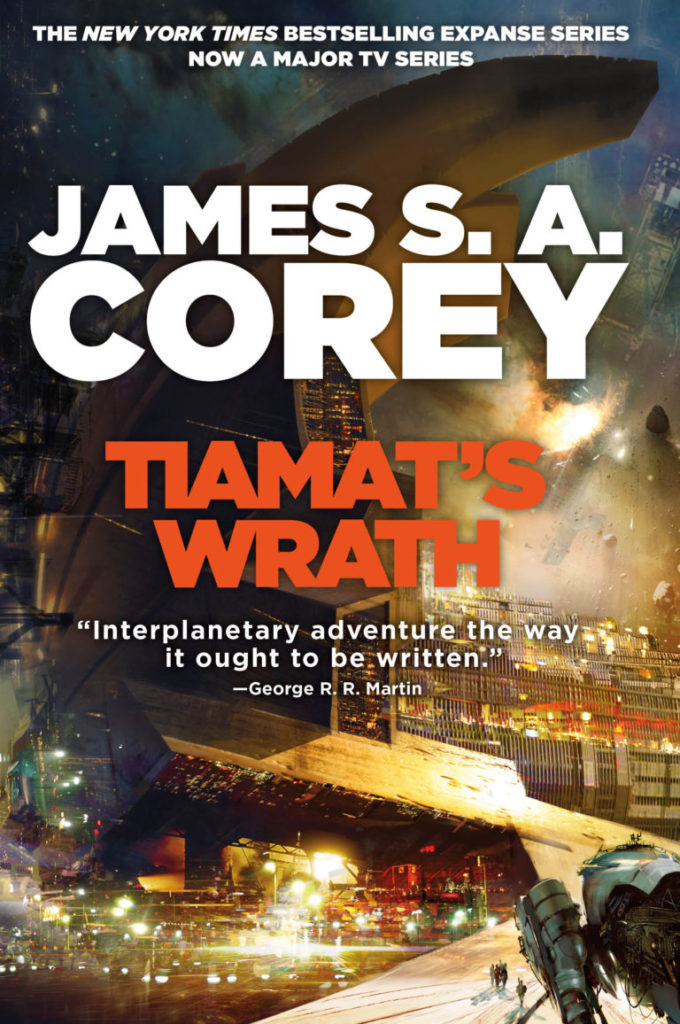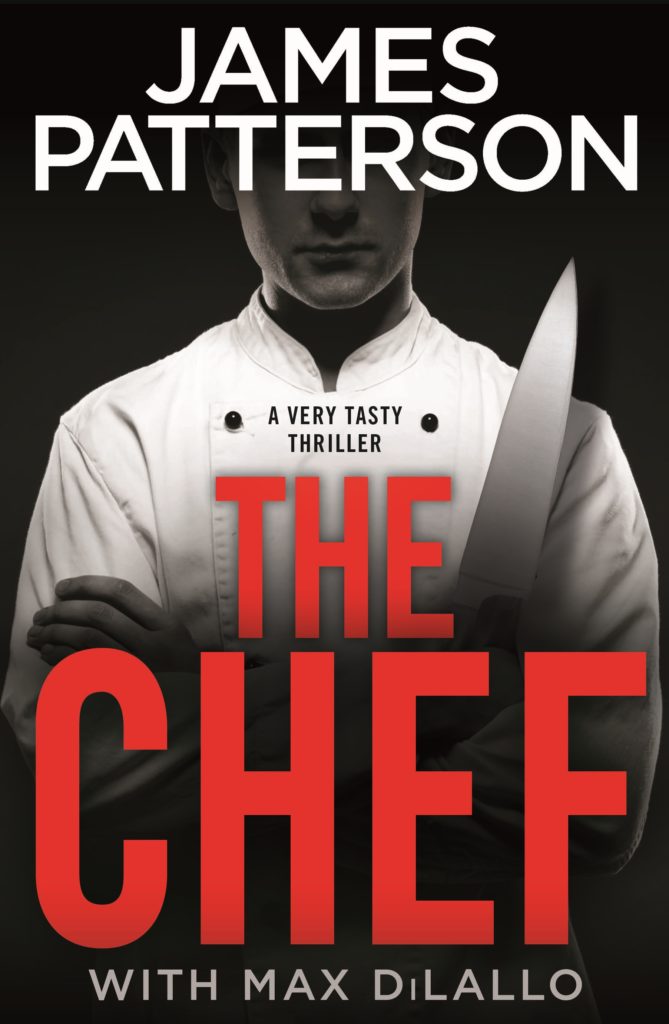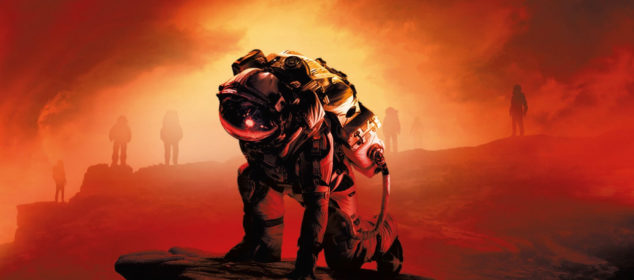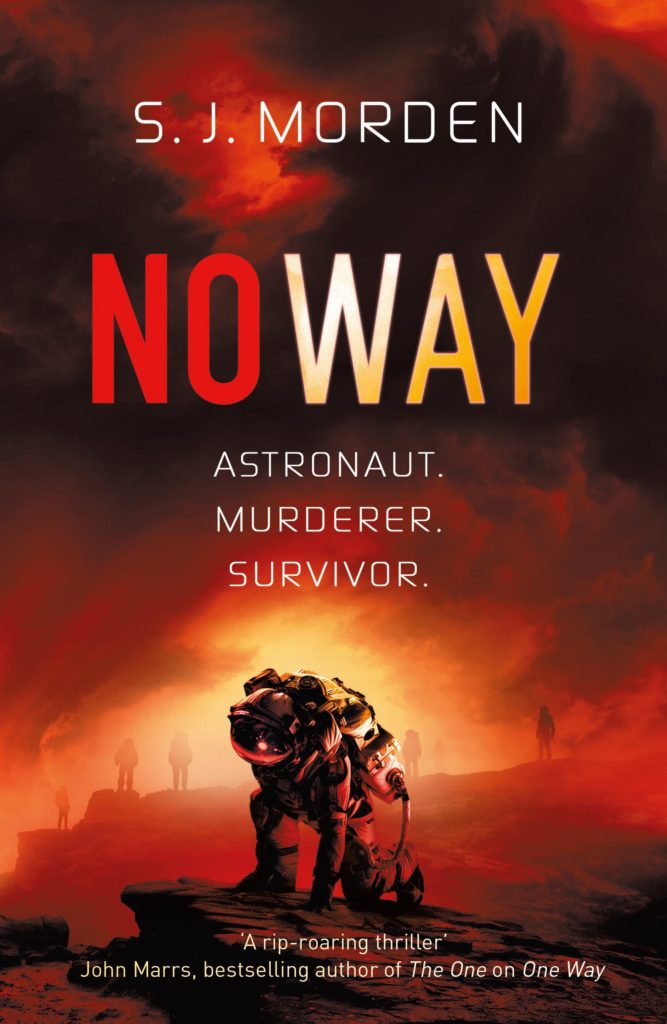Constant Reader Chronicle: Roadwork

Some books can never hope to live up to their covers. Roadwork is one such novel. Richard Bachman goes introspective, shifting his focus to the family. The first Bachman book about adults is dark and nihilistic, with none of the optimism that characterises many King novels that run along similar lines. There is a certain distress involved in reading Roadwork, a crushing inevitability that perhaps can't be helped. It's a theme that King will return to as himself in Pet Sematary, but with no supernatural interference, Roadwork hits hard.
